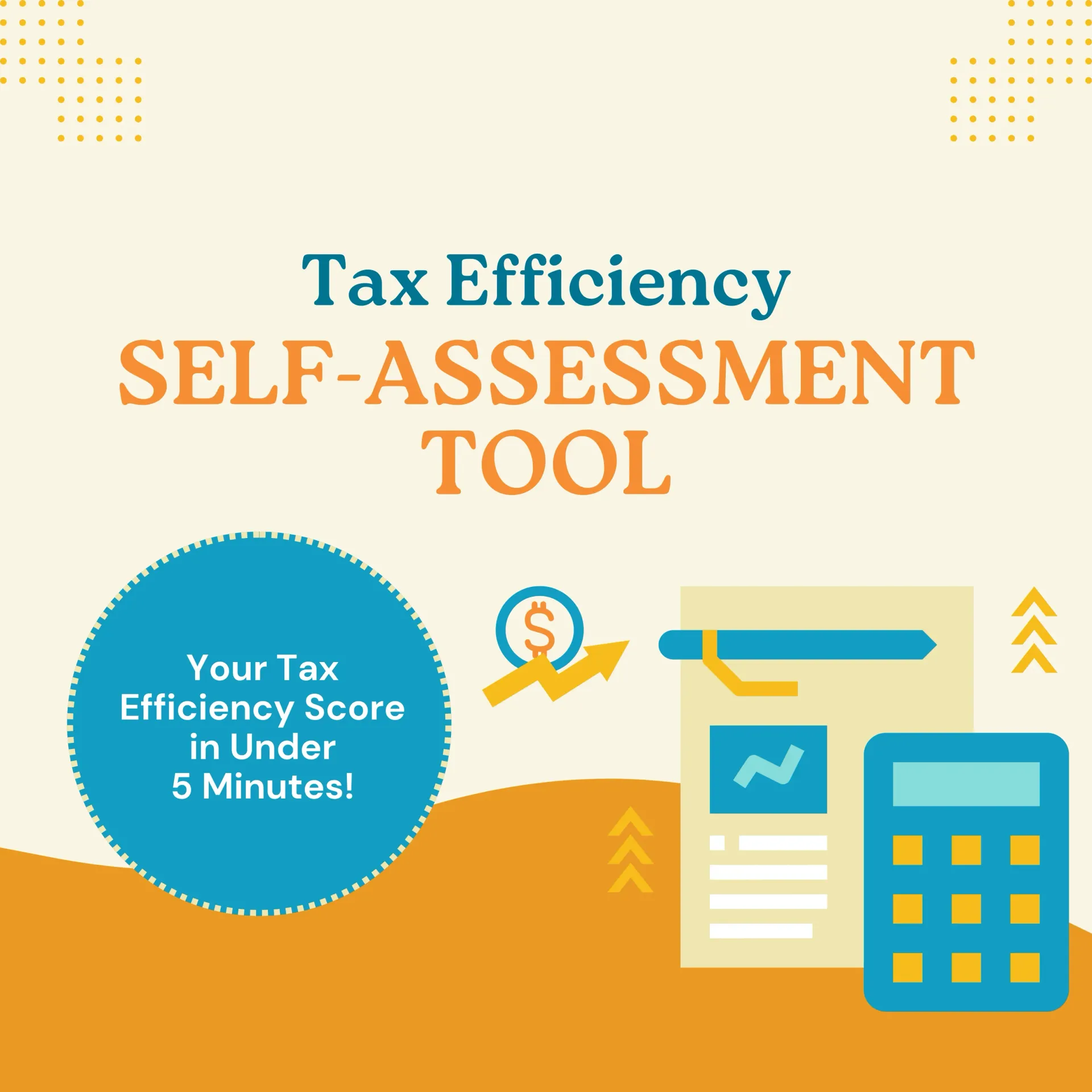Common Tax Mistakes Small Businesses Make and How to Avoid Them

The Real Deal on Tax Compliance
Look, I get it. Taxes aren't exactly the highlight of running your business. But here's the thing: getting them right isn't just about dodging the IRS bullet. It's about building a rock-solid foundation for your company.
Think about it this way: when your taxes are in order, you're showing the world you've got your act together. Investors, banks, and even those big-fish clients take notice. It's like having a gold star on your business report card. Plus, it opens doors to growth opportunities you might not have even considered.
Taming the Record-Keeping Beast
Ever told yourself you'd remember an expense without writing it down? Yeah, we've all been there. But come tax season, you're knee-deep in crumpled receipts, trying to piece together your financial puzzle.
Here's a pro tip from the Straight Talk CPAs playbook: embrace technology. We're big fans of cloud-based accounting platforms like
QuickBooks and Xero. They let you snap a picture of a receipt right after you buy something. No more lost paper trails! Plus, when you work with us, we can access your books in real-time, giving you up-to-the-minute insights on your business's
financial health.
The Employee vs. Contractor Conundrum
Classifying workers can be a real head-scratcher. Is that graphic designer an employee or a contractor? Get it wrong, and you could be in for a world of hurt.
We've seen countless businesses stumble here. The IRS has some pretty specific rules about this stuff. That's why at
Straight Talk CPAs, we always recommend a thorough review of your worker classifications. It's way better than dealing with back taxes and potential legal drama down the road.
Maximizing Deductions: Don't Leave Money on the Table
Did you know you can deduct things like office supplies, travel expenses, and even some of those fancy client dinners? Many small business owners miss out on these opportunities.
I remember a client who was shocked when we showed him how much he could save by properly deducting his home office space. It was like finding free money! Just remember, the IRS isn't too keen on creative accounting. That's where having a sharp CPA in your corner (hint, hint) can really pay off.
The Quarterly Tax Tango
Quarterly estimated taxes. They're not just a suggestion, folks. Skipping these can lead to some nasty penalties.
We've had clients come to us after getting hit with eye-watering bills because they didn't stay on top of their quarterlies. Now, we help them set reminders and put aside money each month. It's way less stressful than scrambling at the last minute.
Payroll Pitfalls: More Than Just Cutting Checks
Payroll taxes are serious business. Get them wrong, and you're not just in trouble with the IRS – you're letting down your team.
At Straight Talk CPAs, we've seen how investing in good payroll software or outsourcing to experts (like us!) can save you a ton of headaches. Plus, your employees will appreciate getting paid on time and correctly. Happy workers, happy business, right?
The Deadline Dance
Missing tax deadlines is like showing up late to a really important meeting – it doesn't look good, and it can cost you.
We've got all the important dates marked on our calendars with big, red circles. Quarterly filings, annual returns, you name it. When you work with us, we make sure you never miss a beat.
Keeping Business and Personal Separate
Using your personal credit card for business expenses might seem convenient, but it's a recipe for confusion come tax time.
Take it from CPAs who've spent hours sorting through mixed-up statements: get a separate business account and credit card. It'll make your life (and ours) so much easier when we're trying to figure out what was a business lunch and what was your Friday night pizza splurge.
The State and Local Tax Maze
Just when you think you've got federal taxes figured out, state and local taxes come knocking. Each place has its own rules, and they can get pretty complex.
If you're doing business in multiple states, you're in luck. At Straight Talk CPAs, we've got expertise in handling taxes across all 50 states. We know the ins and outs of each area, so you don't have to worry about missing any state or local obligations.
Tax Planning: Not Just for the Big Guys
Tax planning isn't just for Fortune 500 companies. Even us small business owners can benefit from thinking ahead.
At Straight Talk, we sit down with our clients at least once a year to look at the big picture. We talk about ways to save on taxes that align with your business goals. It's like having a financial crystal ball – super helpful for making smart decisions throughout the year.
Wrapping It Up: Your Tax Game Plan
Look, nobody's perfect, and we all make mistakes. But when it comes to taxes, a little preparation goes a long way. That's where having a team like Straight Talk CPAs in your corner can make all the difference.
Remember, taxes might not be the most exciting part of running a business, but getting them right can give you peace of mind and set you up for success. So take a deep breath,
let us tackle those taxes head-on, and keep crushing it in your business. You've got this – and we've got your back!
Discover Your Tax Savings Score in Minutes!


Salim is a straight-talking CPA with 30+ years of entrepreneurial and accounting experience. His professional background includes experience as a former Chief Financial Officer and, for the last twenty-five years, as a serial 7-Figure entrepreneur.
Recent Posts
Straight Talk CPAs offers virtual CPA and CFO services dedicated to boosting your business profits and minimizing taxes. Our tailored approach is perfect for businesses and individuals seeking personalized guidance from a reliable CPA partner.
Phone: (732) 566-3660
Our Services
Straight Talk CPA's. All Rights Reserved. | Powered by CPA Marketing Genius | Privacy Policy | Terms & Conditions | Disclaimer




